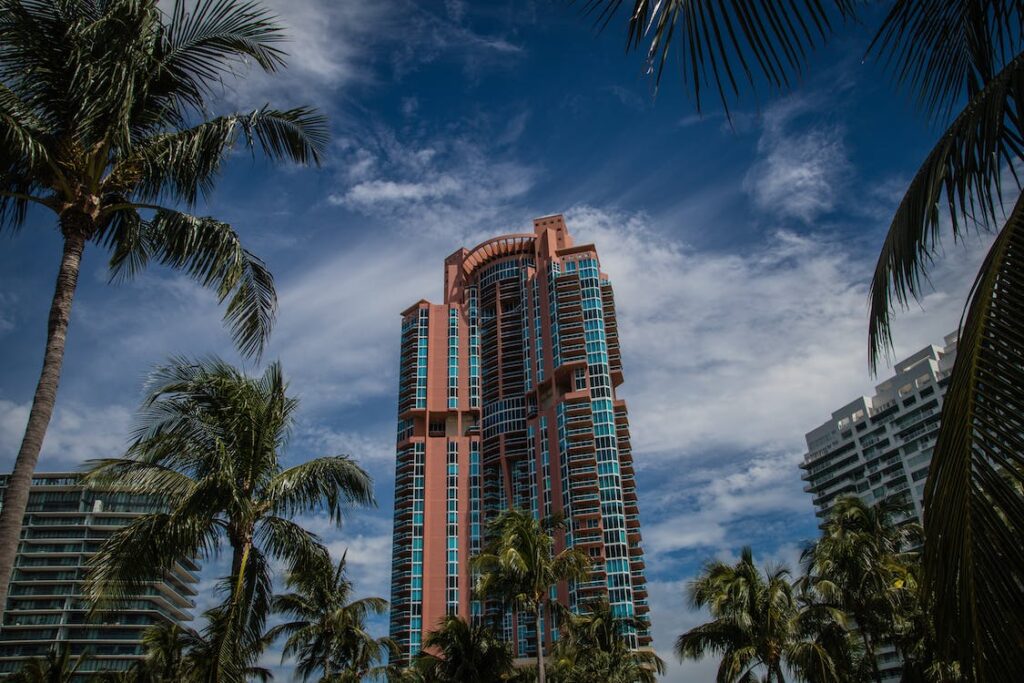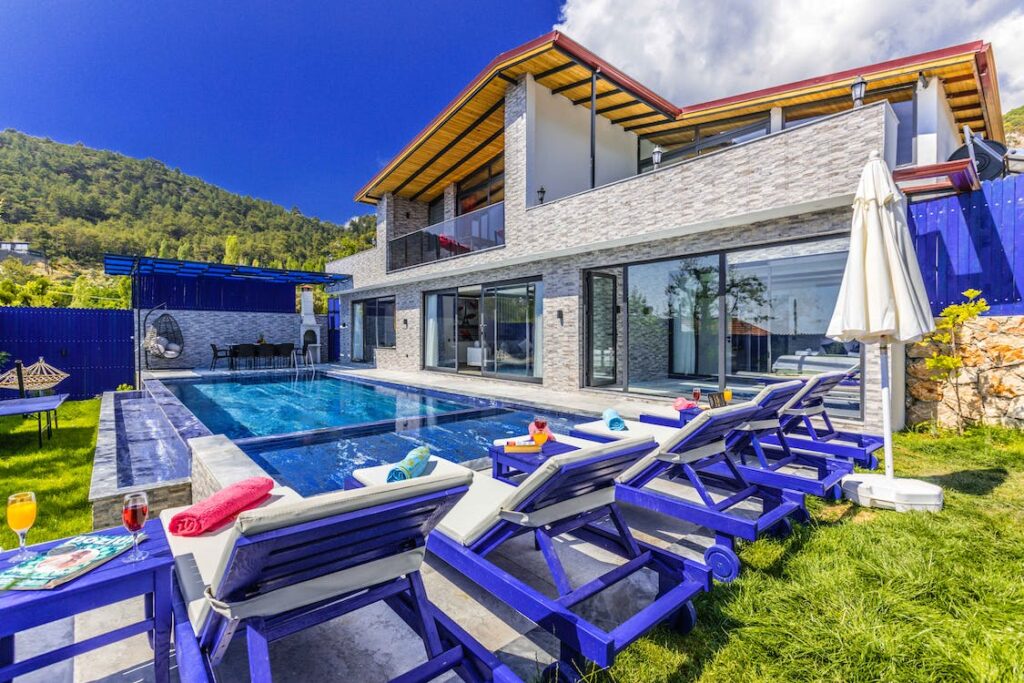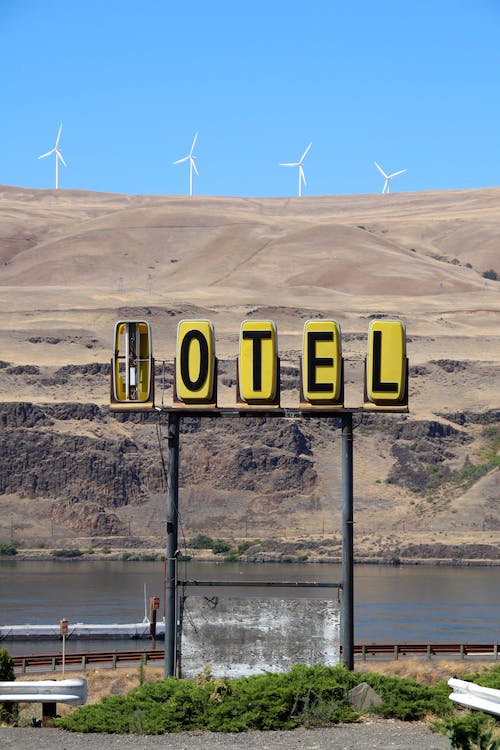Are you planning a trip and wondering whether to book a hotel or a motel? While these terms are often used interchangeably, there are some key distinctions between the two. In this article, we will decode the differences between hotels and motels, helping you decide on your next stay.
Hotels are generally larger establishments offering a wide range of amenities and services. From luxurious five-star resorts to budget-friendly options, hotels usually boast features like swimming pools, fitness centers, restaurants, and room service. They prioritize comfort and convenience, ensuring a memorable and enjoyable experience for their guests.
On the other hand, motels are typically smaller and more straightforward. Originating from the term “motor hotel,” motels are designed with travelers in mind, offering easy access to parking and rooms that can be conveniently reached from parking areas. While they may have fewer amenities compared to hotels, motels often provide the basics, such as clean and comfortable rooms, WiFi, and breakfast.
Understanding the distinctions between hotels and motels can help you choose the type of accommodation that best suits your needs and preferences. Let’s dive deeper into the world of accommodation and uncover what makes hotels and motels unique.
Understanding the difference between hotels and motels
Hotels and motels are both types of accommodation, but they cater to different types of travelers and offer different experiences. To understand their distinctions, let’s take a closer look at the history and evolution of hotels and motels.
History and evolution of hotels and motels
Hotels have been around for centuries, with their origins dating back to ancient civilizations. The concept of providing lodging for travelers has evolved over time, from simple inns and taverns to grand establishments that we know today. In the early days, hotels were primarily built to cater to the elite and provide luxury accommodations.

Motels, on the other hand, have a more recent history. The term “motel” is derived from the words “motor hotel,” reflecting their initial purpose of providing convenient accommodation for motorists. Motels became popular in the mid-20th century with the rise of car culture and the expansion of road networks. Unlike hotels, which are typically found in urban areas, motels are often located near highways and major roads, making them easily accessible for travelers on the go.
Features and amenities offered by hotels
Hotels are known for their wide range of features and amenities, designed to provide guests with a luxurious and comfortable experience. From five-star resorts to budget-friendly options, hotels offer something for every traveler. Here are some common features and amenities you can expect to find in hotels:
1. Swimming pools: Many hotels have swimming pools, allowing guests to relax and cool off during their stay. Whether it’s a rooftop pool with stunning views or a family-friendly pool with water slides, hotels provide a refreshing escape from the outside world.
2. Fitness centers: Staying fit while traveling is important for many people, and hotels make it easy with their well-equipped fitness centers. Guests can work out using state-of-the-art equipment, join group fitness classes, or even hire personal trainers to assist them.
3. Restaurants and room service: Hotels often have on-site restaurants, offering a variety of dining options. From casual cafes to fine dining establishments, guests can indulge in delicious meals without leaving the hotel premises. Additionally, many hotels provide room service, allowing guests to enjoy meals in the comfort of their own rooms.
4. Spas and wellness facilities: For those seeking relaxation and rejuvenation, hotels often have spa facilities that offer a range of treatments and therapies. Guests can enjoy massages, facials, and other beauty treatments to pamper themselves during their stay.
5. Concierge services: Hotels provide concierge services to assist guests with various needs, such as booking tours, arranging transportation, or recommending local attractions. The concierge is there to ensure guests have a smooth and enjoyable stay.
Features and amenities offered by motels
While motels may not offer the same level of luxury as hotels, they provide simplicity and convenience for travelers on the move. Here are some features and amenities commonly found in motels:
1. Easy access to parking: One of the main advantages of motels is their convenient parking facilities. Motels are designed for travelers who have their own vehicles, and they often offer direct access to parking areas. This makes it easy for guests to load and unload their luggage and quickly get to their rooms.
2. Clean and comfortable rooms: Motels may have fewer amenities compared to hotels, but they prioritize providing clean and comfortable rooms. Guests can expect cozy beds, private bathrooms, and basic amenities like WiFi, television, and coffee makers.
3. Breakfast options: Many motels offer complimentary breakfast for their guests. While the selection may not be as extensive as in hotels, it provides a convenient and cost-effective way for travelers to start their day with a meal before hitting the road.
4. Affordability: Motels are often more budget-friendly compared to hotels. This makes them a popular choice for travelers who are looking for a comfortable place to rest without breaking the bank.
Pricing and cost comparison between hotels and motels
One of the key factors that influence travelers’ decision between hotels and motels is the cost. Hotels generally offer a wider range of amenities and services, which often come with a higher price tag. On the other hand, motels provide a more affordable option, especially for budget-conscious travelers.
The pricing of hotels can vary greatly depending on factors such as location, brand reputation, and seasonality. Luxury hotels in popular tourist destinations tend to be more expensive, while budget hotels in less touristy areas offer more affordable rates.
Motels, being more focused on providing basic accommodation, usually have lower rates compared to hotels. They cater to travelers who are primarily looking for a place to rest and don’t require extensive amenities.
Target audience and customer preferences for hotels and motels

Understanding the target audience and customer preferences for hotels and motels can help you determine which type of accommodation is best suited for your needs. Hotels attract a wide range of travelers, including business professionals, families, honeymooners, and luxury seekers. They cater to those who value comfort, convenience, and a full-service experience.
Motels, on the other hand, are popular among road trippers, budget travelers, and those who value simplicity and affordability. Motels provide a practical option for travelers who are on the move and need a place to rest for the night.
Pros and cons of staying in hotels
Staying in a hotel comes with its own set of advantages and disadvantages. Here are some pros and cons to consider:
Pros:
– Wide range of amenities and services
– Luxurious and comfortable accommodations
– On-site dining options and room service
– Concierge services for assistance and recommendations
Cons:
– Higher price point
– Can be crowded, especially during peak seasons
– May lack a personal touch compared to smaller accommodations
Pros and cons of staying in motels
If you’re considering staying in a motel, here are some pros and cons to keep in mind:
Pros:
– Affordable rates
– Convenient parking facilities
– Clean and comfortable rooms
– Ideal for travelers on the go
Cons:
– Limited amenities compared to hotels
– Fewer dining options
– May lack the luxurious experience of a hotel
Conclusion:
Choosing the right accommodation for your needs.
When it comes to choosing between hotels and motels, it ultimately depends on your personal preferences, budget, and travel plans. Hotels offer a wide range of amenities and services, providing a luxurious and comfortable experience, while motels cater to travelers who prioritize simplicity, convenience, and affordability.
Before making a decision, consider factors such as the purpose of your trip, your budget, the location you’ll be visiting, and the type of experience you’re looking for. Whether you choose a hotel or a motel, make sure to read reviews, compare prices, and consider the specific features and amenities that are important to you.
In the end, the most important thing is to find accommodation that meets your needs and ensures a pleasant and memorable stay. Happy travels!
Contact us to know more details about the above topic.
Reference.
User, S. (n.d.). HOTEL FACILITIES & GUEST SERVICE. https://www.tharabargate.com/index.php/services-facilities/hotel-facilities-guest-service
